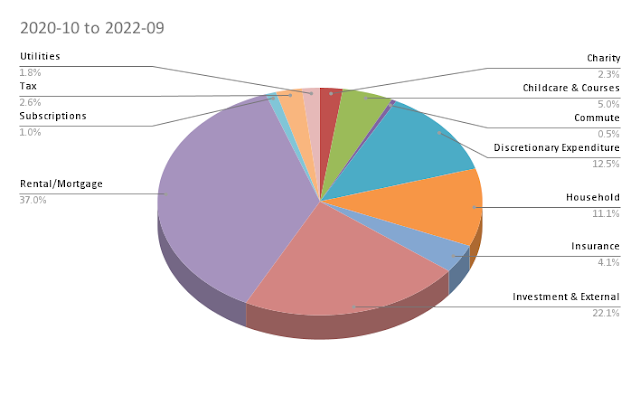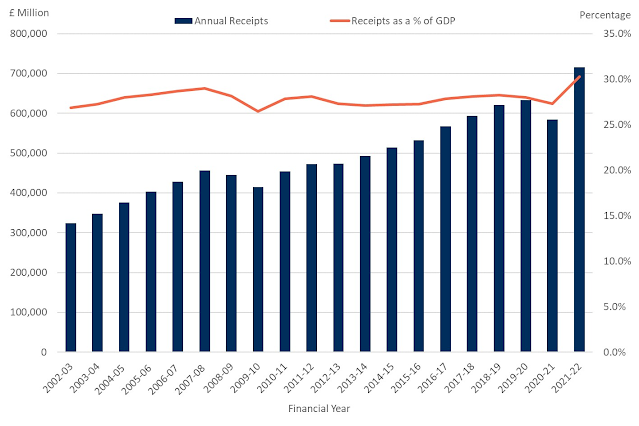EPFO: Urgent need for reforms
The good old Employees Provident Fund Organization (EPFO), which has successfully enabled a comfortable retirement of millions of middle class professionals in India for generations is in desperate need of a serious round of reforms. For the uninitiated, EPFO is the primary agency for providing social security in India. Your employer deducted a percentage (around 12-13%) of your salary, added their own contribution, sent it to the EPFO and when you retired, EPFO gave that and the interest it gained back to you. It also allowed you to take out loans out of that contribution for certain, specific needs, such as a down payment for a house or marrying off your children.
All is good, right? No. The devil is in the details. Let me throw some light on the problems and see what we can do about this.
All is good, right? No. The devil is in the details. Let me throw some light on the problems and see what we can do about this.
- The first problem is that EPFO assumes that the relationship between you and your company (that of employment) is a constant. It worked for the past 60 years where people worked in the same company for their lifetimes (my father did), but it is a woefully misplaced assumption in today's world (I have been through 5 employers in my 7th year of employment). The EPFO current records your account on the basis of a company/employee basis. So if you joined a new company, you started off a new company/employee account and requested to transfer your funds from the previous account. This is unnecessary. The accounts should be opened in the name of individuals and let the companies ask for that account number and let them credit the money there. This will also solve the problem where the companies have to expend energies dealing with PF accounts which can be put to better use.
- The EPFO allowed companies to either manage the corpus themselves (through trust funds) or let the EPFO do it. This choice, hoping that trusts would do a better job in handling the money and fetch better returns, I guess, was the reason why accounts were company/employee based and not individual based. In the new world, where the average size of employers is coming down, this privilege can be used by none other than a few employers (read Govt of India, Indian Railways.) It might be time to rethink this arrangement - do we need it? If so, then let the EPFO make special deals with those employers and work it out - no need to saddle the rest of the country with structural liabilities because of this.
- Currently, if a company wishes to liquidate, they have to spend time dealing with transferring the PF accounts of all former-employees to their new employers. This is a unnecessary waste of resources. With the above suggestion of opening accounts in individual names, this problem should go away.
- The option of "Withdrawing" your PF contribution if you leave your company should be scrapped. I understand that you want to use your PF contribution in case you are jobless, but the current options allows you to do it even when you are just shifting jobs. I understand that you are taxed when you withdraw, but that seems a retro-fit arrangement for a broken system. Here is what EPFO should do:
- If you are re-employed within say 3 months, no withdrawals allowed.
- If you are not re-employed within the first 3 months, then you should be allowed to withdraw parts of your contribution every month. What that percentage is, can be debated, and I am going with half your last drawn basic salary.
- Since you are not withdrawing the entire amount, taxing this is pretty much useless - so let is just be non-taxed. As it is the individual is unemployed, why bother taxing him on the output? If the Govt. feels that this is abused, then they can let this be taxed as any other income.
- As soon as one gets a new job, and the EPFO receives a contribution from the new employer for this individual, stop letting the employee withdraw any more money from his account.
- And lastly, the EPFO is the perfect example of lack of transparency. Individuals cannot easily find their balance. What if the company hasn't been making the contributions as promised? There is some talk about online access to accounts, but it is normally a few months old figure. What if your company fudged it in the last few months? In the age where even small financial companies let you see every transaction in real time, the largest social security organization in India giving out months old information is purely unacceptable.
- Also, individuals should be able to make voluntarily contributions directly to the EPFO. Currently, this goes through the employer, but for the same reasons mentioned above, this doesn't make sense. Individuals should be able to walk up to the EPFO counter and drop a cheque (or do it online.)
- Strangely enough, the PPF scheme administered by SBI and others in India, has solved all these problems. It doesn't seem like such a bad idea to let the EPFO to be administered exactly like that with slight modifications (like having a Rs. 70000 limit as is currently applicable in PPF accounts.)
- Lastly, as we have caught the attention of the PPF scheme, the limit of Rs. 70000 looks really really old. That number needs to go up, in step with the increased income levels - it is a very useful scheme.
I understand that the above doesn't cover all the edge cases, but I guess it could prove to be a starting point for a healthier EPFO - which is a necessity and not a luxury. Hope the EPFO does something about it.
(ps: Very interesting stub on wikipedia on the challenges faced by the EPFO - a must read addendum.)

